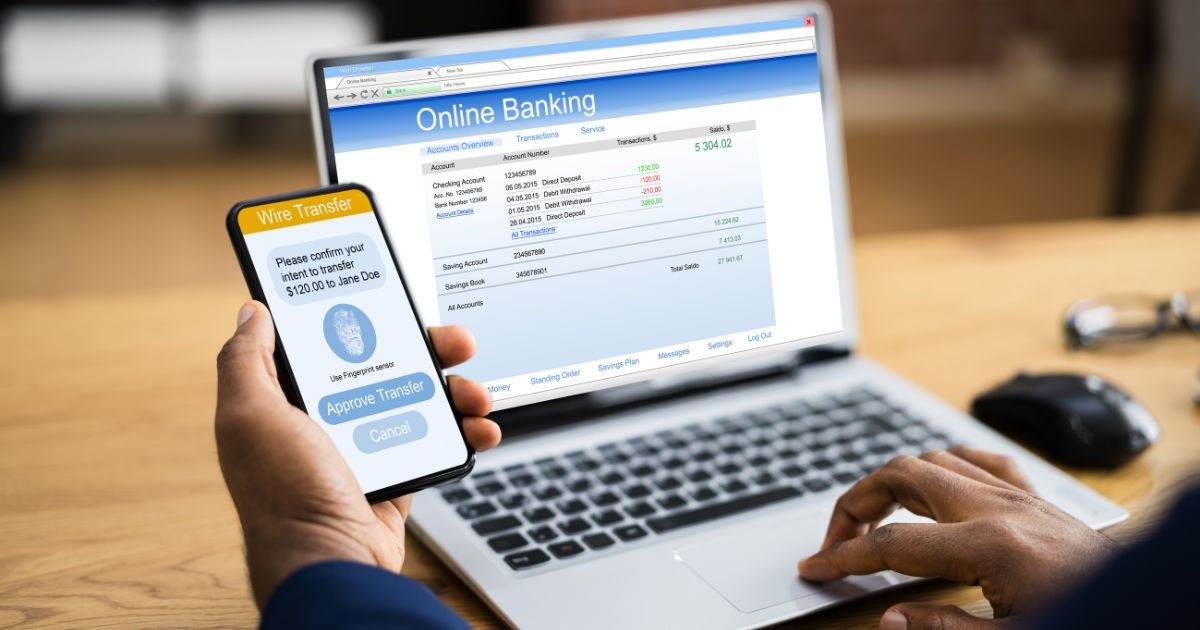Categories
PodcastPublished October 23, 2025
Happy House Hacking Podcast EP 37: Maximize Your Credit Score: A Home Buyer's Guide

Link to full podcast episode here:
Maximize Your Credit Score: A Home Buyer's Guide
Embarking on the journey to homeownership is an exciting prospect, and one of the most crucial factors in determining the ease and affordability of this journey is your credit score. A strong credit score unlocks access to the most favorable loan terms, potentially saving you thousands of dollars in interest over the life of your mortgage. Understanding what influences it and how you can maximize your credit score is paramount for any aspiring home buyer.
At The Schwaegerle Team, we are dedicated to guiding young individuals in California through the intricacies of happy homeownership. So, on this episode of the Happy House Hacking podcast, we jumped into the essential topic of credit scores and how they relate to your home buying process. Learn what a credit score is, the key variables that contribute to it, and the actionable steps you can take to control and maximize your credit score in preparation for buying a home.
Understanding Your Credit Score
A credit score is a three-digit numerical representation of your creditworthiness. As Owen Schwaegerle explains, "When a bank is going to give somebody some money, they want to know how likely this person is to repay it. They've just put a number to it [that] reflects what your likelihood to repay is."
It gives lenders an assessment of your debt management history and your likelihood of repaying future obligations. Credit scores typically range from 300 to 850, with higher scores indicating lower risk to lenders.
Credit agencies like FICO, Experian, and TransUnion compile your credit history and generate these scores. Free tools like Credit Karma offer a valuable way to track your score. As Owen Schwaegerle notes, even a small difference in your credit score can lead to significant interest savings on a mortgage, making this a crucial aspect of the home buying process. It's important to remember that while credit is a powerful tool, it requires responsible management to avoid the pitfalls of high-interest debt.
The Five Factors That Determine Your Credit Score
Owen breaks down the composition of your credit score into five major categories, each influencing your overall creditworthiness. Here are the categories and their percentages.
1. Payment History (35%)
Your credit payment history, which reflects whether you've paid your past debts on time, carries the most significant weight. Owen advises, "If you do set up a credit, either credit card or you're on a student loan or you've got a car loan, make sure you always pay on time. Don't be late because if you are late, that's a ding on your credit history." For credit cards, it's best practice to pay the full balance each month to avoid interest charges and demonstrate reliability to lenders.
2. Credit Utilization (30%)
This examines the amount of credit you're using compared to your total available credit. A key tip is to keep your credit utilization below 30%. Even if you spend more during the month, ensure the balance is significantly reduced by the statement due date. A helpful strategy is to increase your credit limit, as long as you don't increase your spending proportionally.
3. Length of Credit History (15%)
A longer credit payment history generally leads to a better score. For those new to credit, opening a single credit card early and using it responsibly can build a long and positive history. Starting this process, even with small, manageable charges that are paid off promptly each month, can significantly benefit your future creditworthiness.
4. Credit Mix (10%)
Having a variety of credit accounts, such as credit cards and installment loans, can slightly improve your score. However, Owen cautions against taking on unnecessary debt solely to improve your credit mix. The potential negative impact on your debt-to-income ratio from an unnecessary loan outweighs the minor benefit of a diverse credit mix. Owen advises, "If you could still buy a car for cash or have the car paid off. Go that route."
5. New Credit Inquiries (10%)
Applying for new credit can slightly lower your score. While it's natural to be cautious about credit inquiries when considering a home purchase, understand the difference between "soft pulls" (preliminary checks) and "hard pulls" (formal applications). A hard pull is necessary for a lender to get a complete financial picture for pre-approval. 
Actionable Tips to Maximize Your Credit Score for Home Buying
Whether you're just starting your credit journey or looking to boost an already decent score, there are a few things you can do that can make a significant difference in your home buyer credit profile. Keep these six tips in mind:
Tip 1: Track and Measure Your Credit Score
Regularly monitoring your credit report using tools like Credit Karma is essential for effective management. By monitoring your score, you can track your progress and identify any negative trends or potential errors. This regular review provides insights into how your financial habits are influencing your creditworthiness.
Tip 2: Dispute Errors on Your Credit Report
It's important to be aware that credit reports can contain inaccuracies. Carefully reviewing your report for any errors, such as incorrect late payments or unfamiliar accounts, is a crucial step. If you identify any discrepancies, follow the credit bureau's established dispute process to have them investigated and corrected. Safeguarding your personal information online is vital to prevent identity theft, which can have severe negative consequences for your credit score.
Tip 3: Pay Down High Balances
If you have credit cards with high balances, prioritize paying them down, especially those nearing or exceeding the 30% credit utilization threshold. Owen suggests considering the "debt snowball method" where you focus on paying off the smallest debts first to build momentum. However, if a particular card is significantly impacting your utilization, focusing on reducing its balance might yield quicker results in improving your score.
Tip 4: Set Up Automatic Payments
Setting up automatic payments is a helpful way to avoid missing due dates, which can negatively affect your credit payment history. This ensures that at least the minimum payment is made on time. However, it's always best to aim to pay the full balance to avoid incurring interest charges. If managing cash flow is a concern, an alternative is to diligently mark payment dates on your calendar and manually make payments on time. It's also important to understand your bank's specific rules and processing timelines for payments.
Tip 5: Become an Authorized User
As Owen explains, "You could become an authorized user, which means you're piggybacking on someone else's good credit with their permission, of course." If a trusted friend or family member has a long-standing history of responsible credit management, being added as an authorized user to one of their accounts can help boost your score.
Tip 6: Request a Credit Limit Increase
A straightforward way to potentially improve your credit utilization ratio is to increase your available credit. Even if your spending habits remain the same, a higher credit limit provides a larger buffer, making it easier to stay below the recommended 30% utilization threshold. Often, you can simply contact your credit card company to request a credit limit increase. .jpg)
The Importance of a Strong Credit Score
In today's financial landscape, having good credit is not just beneficial; it's often essential, especially for significant purchases like a home. By understanding the factors that influence your score and taking proactive steps to improve it, you are investing in your future financial well-being and paving the way for a smoother home-buying experience. A clean home buyer credit report and a strong credit score for mortgage approval are your keys to unlocking the door to your dream home.
At The Schwaegerle Team, we are committed to empowering you on your home-buying journey. If you found this information helpful, please check out the rest of our Happy House Hacking podcast for more tips!





